2024. April 26.
Firstly from the BME International Mentor Team, Réka Ságody shared her experiences, goals and achievements with the readers of bme.hu.
How long have you been working in the mentor team? Why do you like being part of the community?
I joined the mentor team in the summer of 2023. Even during my probationary period, I received a lot of help from the team members. I'm glad to be part of the community because the mentor team is a very diverse group.
What do you consider important to communicate first to foreign students arriving in Hungary, and in your opinion, what is the mentor team's most important task?
I think it's vital for them to know that they are not alone, and they can feel comfortable in their new environment. They will be part of a diverse international student community at our university and they can reach out to us with any questions. I believe that having someone to turn to for help and guidance is the foundation of feeling secure in a foreign place.
I believe a very important task is to bridge the gap between international students and Hungarian administrative and academic matters. Furthermore, we aim to help them explore Hungary culturally, and more importantly, get to know each other. It's essential for us to assist newly arrived students in their integration into the community formed by international students. We put great emphasis on organizing varied programs to create occasions for them to get to know each other.
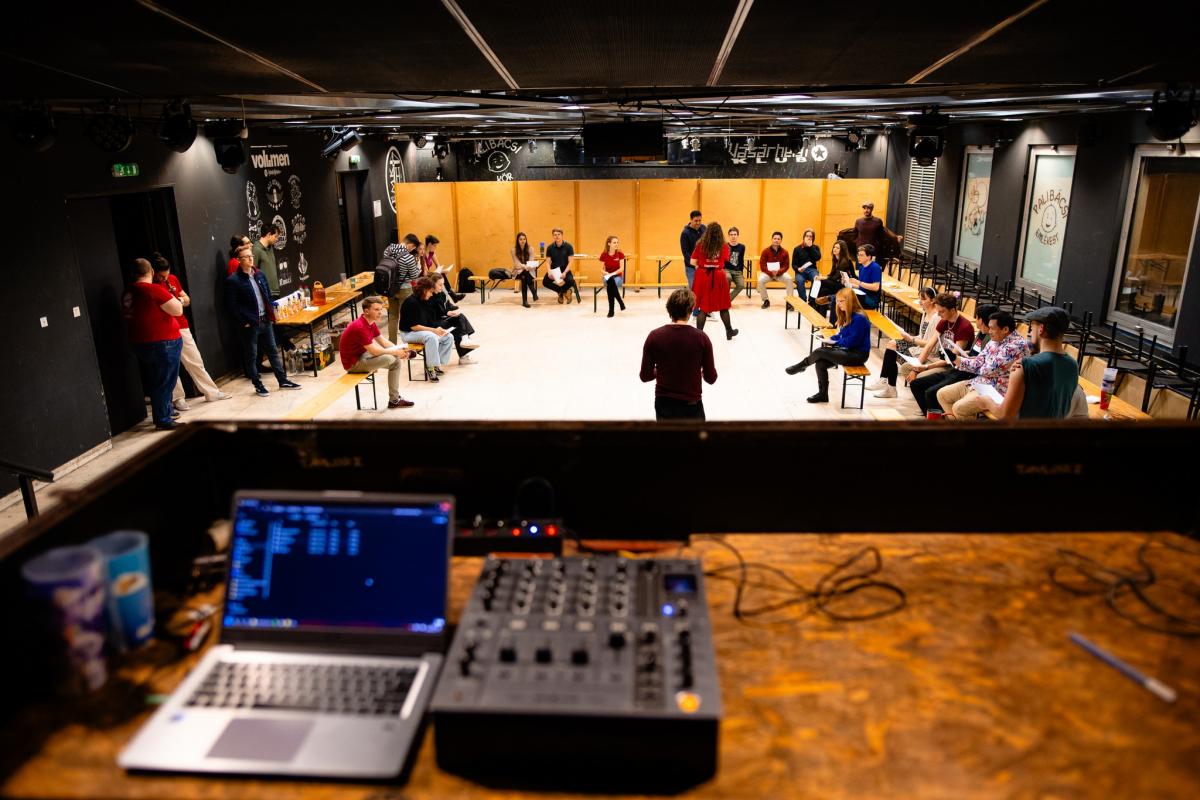
What are your tasks in the team?
I work in two major working groups of the IMT, which I have been a member of since I became a mentor. One is the MedHelp group, which supports students on healthcare matters. Here, we help them navigate the sometimes-complex system. We primarily communicate with our students via email, where they can reach out to us with any health-related issues. We recently created a video series about important healthcare information in Hungary, which we produced together with our mentors. In the working group, we work on multiple similar projects helping students. In many healthcare institutions, there may not be a doctor who speaks English, so we also assist the students with booking appointments, accompany them and translate between the parties.
In addition, I am involved in the working group dealing with students' official matters. When they are admitted to the university, a long administrative process begins. We help them navigate this process as smoothly as possible. If the students encounter any problems, they can email us, and we can help them via email. One of the most important aspects of our work is that we regularly hold office hours during the year when students can come and submit their applications for the social security card (TAJ card), which we check and forward to the relevant official body, and then they send the TAJ numbers to the Central Academic Office, where we receive them.
In addition to these two working groups, I am responsible for continuously updating the mentor team's website. Here, various materials and information related to different areas can be found. Among them, there are guides for administrative procedures, platforms assisting in search for short-term and long-term accommodation, as well as important information regarding the healthcare system. Furthermore, I have been involved in several organizer roles in our event series named International Week, including serving as a main organizer.
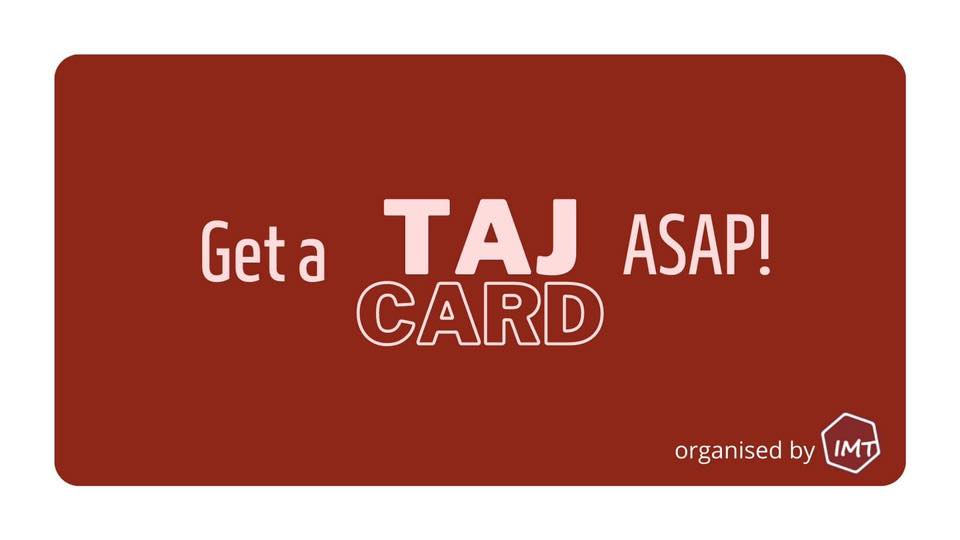
How do you help students navigate official matters?
We have a working group specifically dedicated to dealing with these issues. We primarily communicate with our students via email as it is the most efficient way to provide assistance. In addition, on our website, students can find fully developed guides for the necessary administrative procedures.
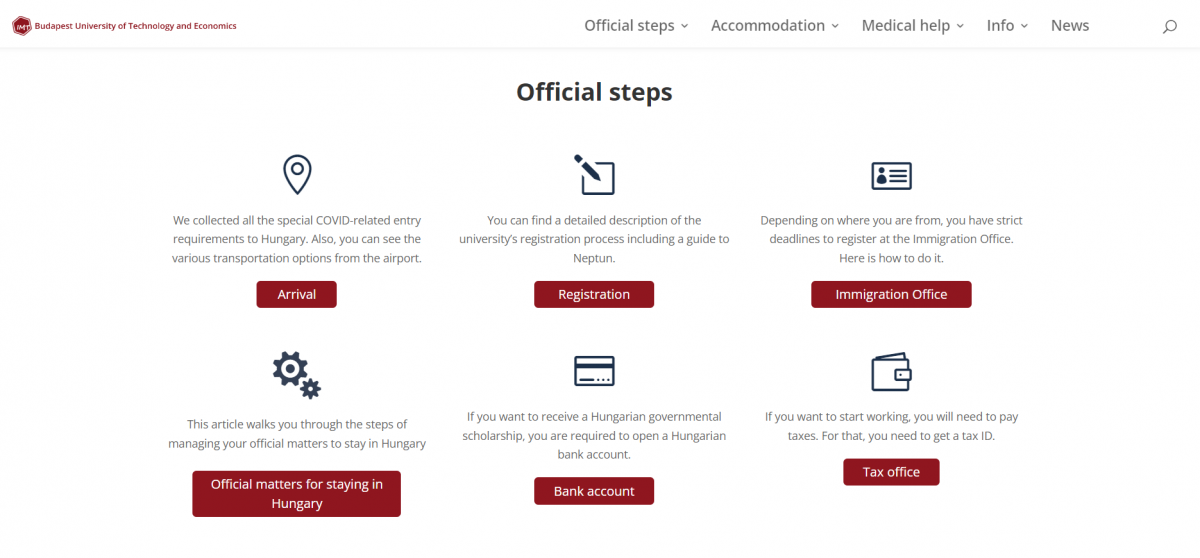
You mentioned being involved in organizing the International Week event series. What was your role?
I worked in two organizing teams during the event preparation. I was the main organizer of our event named Night of Wine, and I was actively involved in the organization of Folk Night. My primary tasks during the organization were maintaining communication with the main organizers of the International Week, coordinating the organizing team, and ensuring to keep our deadlines.
How did it feel to manage the event, and how successful do you consider it?
Overall, I think we can consider the event series very successful. We managed to run an unforgettable program with both organizing teams. I’m glad that I could not only participate in these events but also be involved in the entire preparation process. It was particularly satisfying to run the programs because it's such an amazing feeling when you see something that you've been working on for weeks becomes real. It was a lovely experience to see how many students we managed to involve in each event.
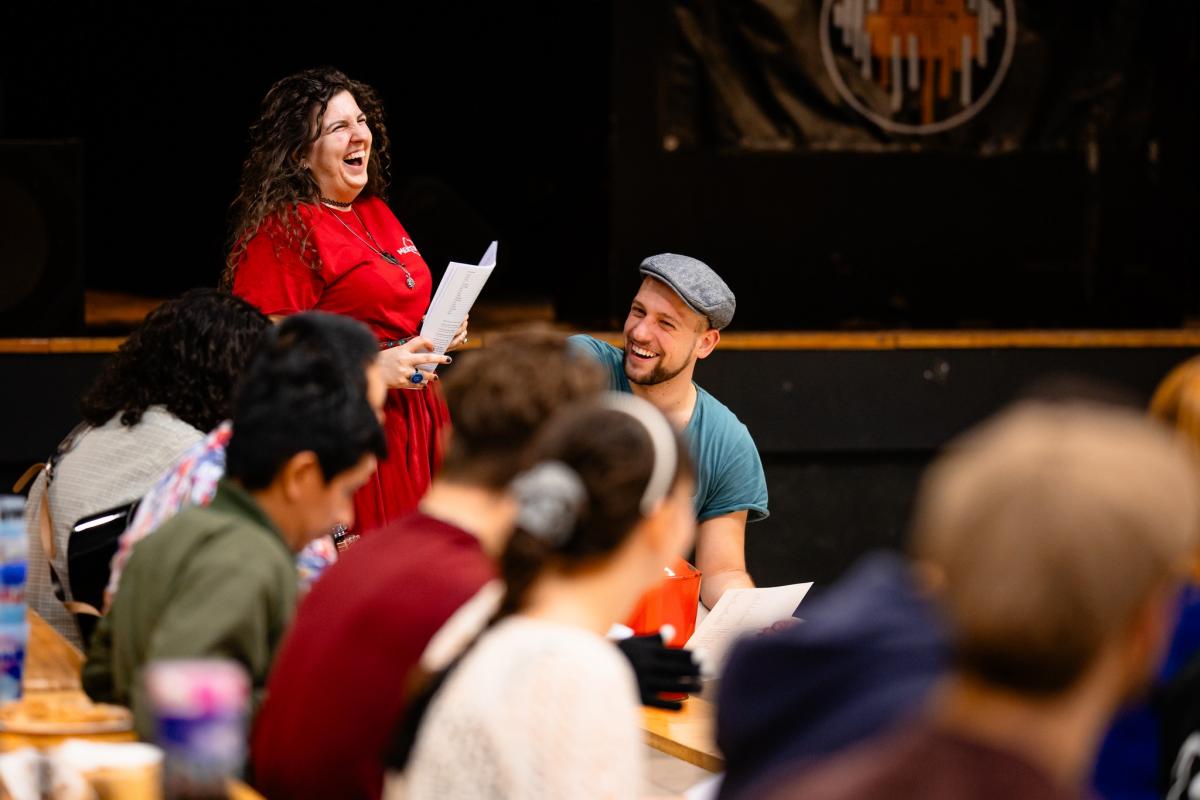
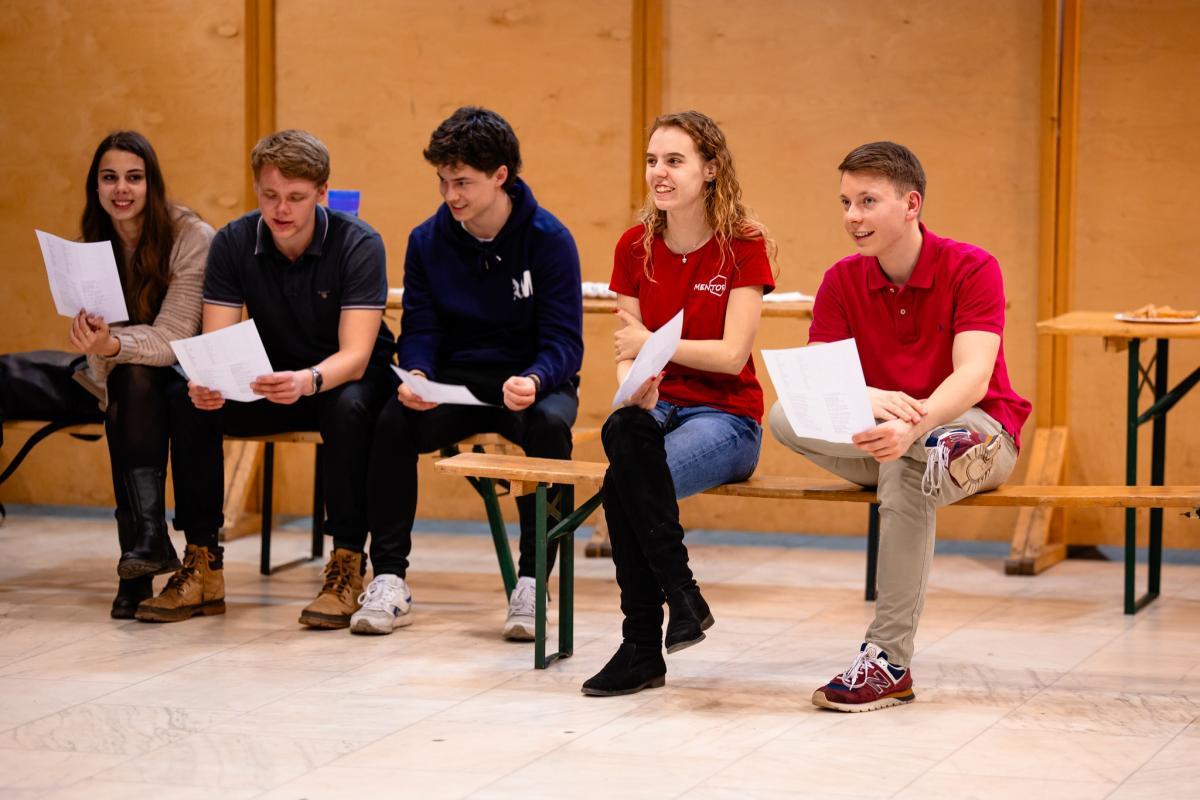
What was your fondest memory of the event series?
The most memorable moment for me during the International Week was related to our event named Folk Night. The program started with singing folk songs, which set the mood for learning traditional dances together. We were part of such a unique atmosphere with the participants that I will remember for a long time.
Please share your most interesting story related to your work!
One of the most special experiences I've had in my work is connected to a dear foreign girl who I met at one of our events shortly after I became a mentor. She reached out to me privately a few days later asking if I could help her with a problem. She continued contacting me several times after that,, always thanking me by saying, "Thanks my darling." We still meet at events from time to time and always have good conversations. For me, this means a lot because I think it describes nicely why most of us enjoy being mentors.
International Mentor Team (bme.hu)
SR-BA
Photos: Attila Baumann, imt.bme.hu
Instagram: bme_imt


